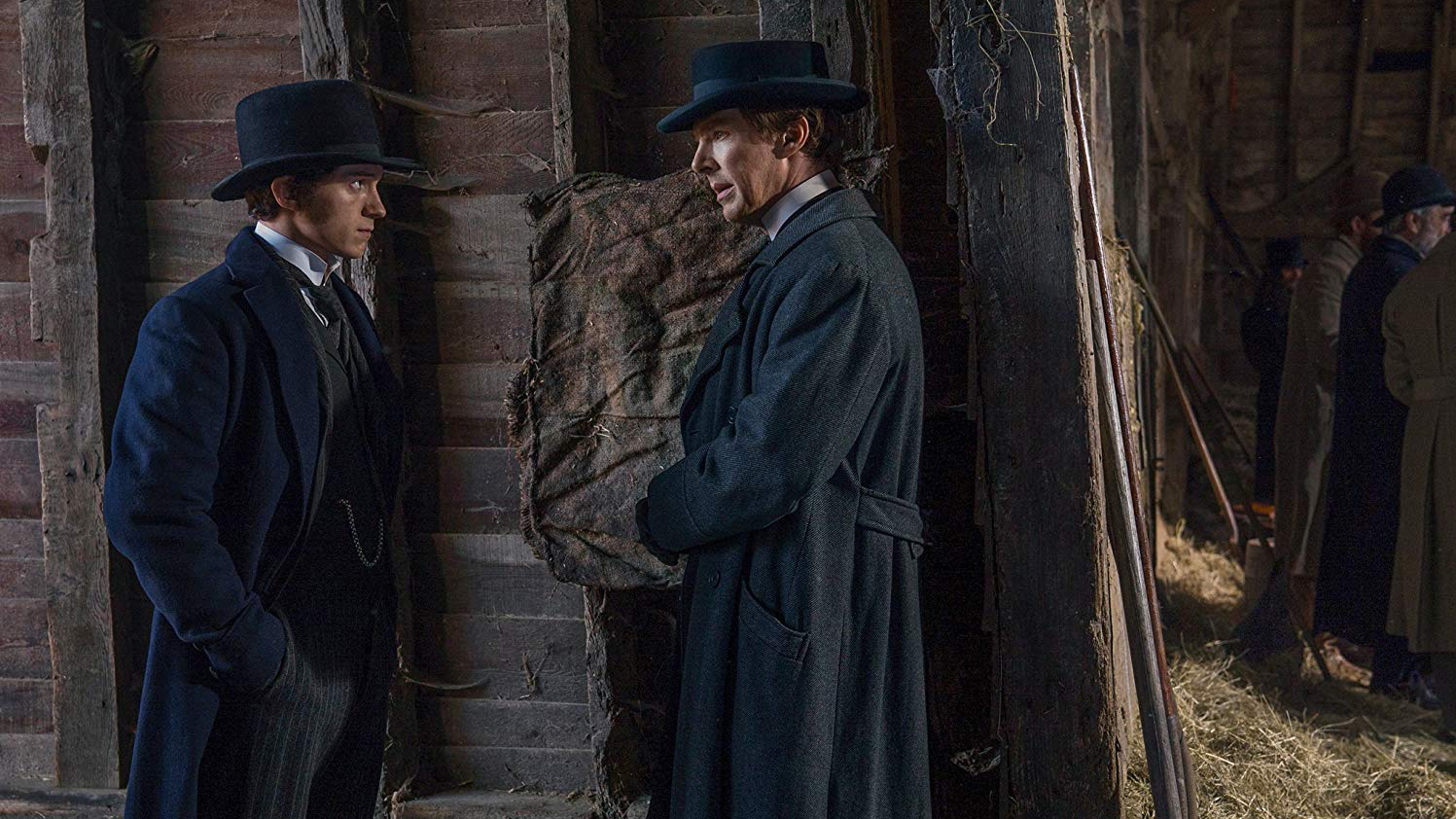The Current War review: the Director's Cut pits Edison vs Westinghouse
The Current War 2019 finally brings the history of Edison and Westinghouse to theaters

Update: The Current War: Director's Cut is in theaters this weekend, and our review has been refreshed to include two videos – an interview and the official trailers.
Before Musk, Bezos and Zuckerberg, there was Edison, Westinghouse and Tesla, and The Current War captures the passion, charisma and genius of these 19th century visionaries. It’s a movie about the advent of commercial and domestic electrical systems, and their ambitious inventors.
Set in the 1880s and ‘90s, the movie tells the story of the battle between Thomas Edison and George Westinghouse to have their rival DC and AC current technologies widely adopted – and, ultimately, have theirs become the system that would power the approaching new century.
The film was supposed to debut two years ago through distributor The Weinstein Company, only to be mired in modern-day controversy, and put on hiatus due to the sex abuse allegations against Harvey Weinstein. Director Alfonso Gomez-Rejon was able to reshoot and recut the movie in that time, and it’s now opening this weekend as The Current War: Director’s Cut.
Watching the determined Edison (Benedict Cumberbatch) and equally dedicated but more altruistic Westinghouse (Michael Shannon) echoes recent biopics like Jobs, and ‘biopics’ like The Social Network. The difference is that, while we're all familiar with modern-day innovators like Jobs and Mark Zuckerberg, here the story features historical figures we know by name, but who most of us probably don’t know a great deal about.
It's the Edison vs Westinghouse biopic
It’s a story that deserves to be told, and doesn’t hold back on the genius of Edison but also the ruthlessness of his commitment to seeing Direct Current succeed. He’s so determined to have his form of electricity adopted by candlelit American cities that he’s willing to demonstrate the dangers of Westinghouse's Alternating Current on live animals in an attempt to smear his rival in the press.

Westinghouse, already a titan of the Industrial Age, thanks to his invention of the railway air brake, continues to back Alternating Current with the help of Nikola Tesla (Nicholas Hoult).
Get daily insight, inspiration and deals in your inbox
Sign up for breaking news, reviews, opinion, top tech deals, and more.
Edison and Westinghouse rarely meet in person, but the film jumps back and forth between the two, giving the sense that they’re always at each other’s throats. It’s not hard to pay attention to the quick jump cuts, and they act as a way to spice up what could otherwise be a dry story.
Tesla has a minor, but important role in the movie
Tesla plays a key role in the lives of both electrical industry pioneers, working for Edison at first – then, when his genius isn’t realized, Westinghouse. The movie flirts with, but doesn’t go into Tesla’s story nearly enough, as the spotlight remains squarely on the Edison vs Westinghouse rivalry. Tesla ends up being a minor, but important player in this particular film.
The complicated lives and work habits of these two innovators reflects a lot of what we see in today’s complex entrepreneurs. You admire them for their foresight to change the course of history and connect the world with their revolutionary ideas. Then you begin to discover they, at times, betray their own principles and make this mostly about winning a game.
The Current War stick to mostly true history
The Current War: Director’s Cut stays true to the history of Edison and Westinghouse as we know it. It may have worked better as a Netflix or HBO series, diving deeper into the lives of both masterminds from a young age to their very end – the lives of both men feel as though they need an origin story, Westinghouse especially. Few people know about George Westinghouse and there are less than 20 photos of him in existence. At the same time, it may have drawn things out to an even slower pace.

Biopics like this The Current War live and die by their source material. Too often, Hollywood studios like to gin up a true story in an effort to make the theater experience more entertaining. Argo (yes, that 2012 Academy Award Best Picture with Ben Affleck) is the perfect example of a movie based on events that really happened, but you to come to find (upon even cursory research) that the most exciting moments were fictionalized, especially toward the end of the story.
The Current War’s pacing, as is, feels less intense than other recent biopics, and that’s OK. It’s more honest than we often see from movies “based on a true story.” If you’re looking for an entertaining lesson in history, you’ll get that here instead of entertainment masquerading as history.
